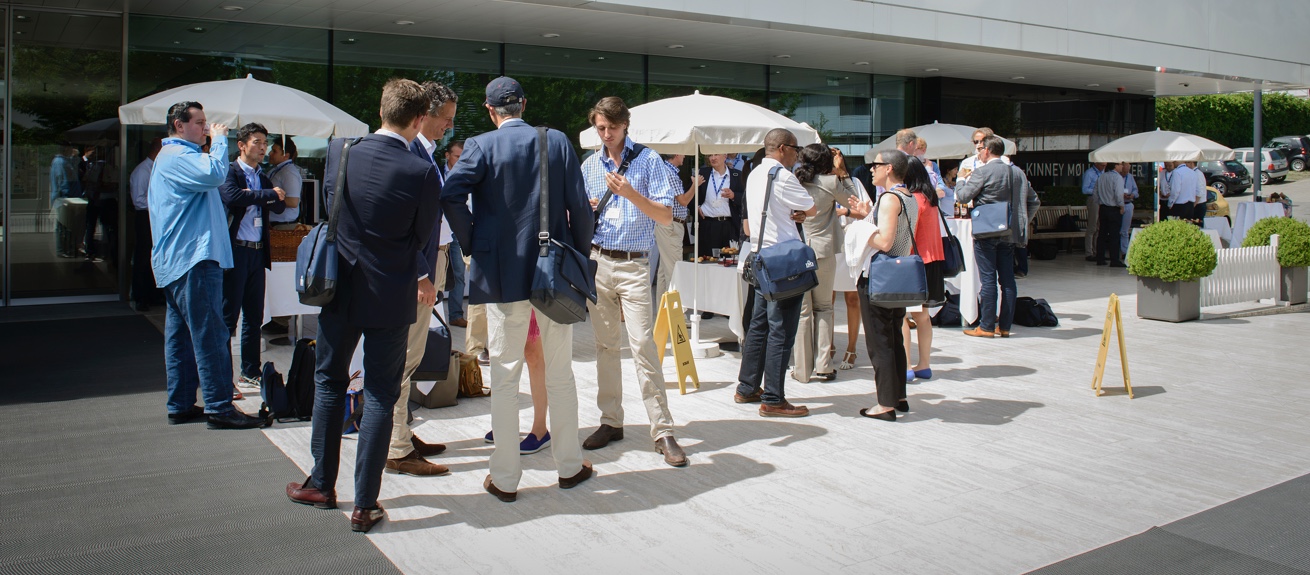

Businesses will ultimately profit by being sustainable, experts agreed at a recent IMD Alumni Club Finland event hosted by Unilever.
“If you think your company should start a journey of sustainability, think big and continue your efforts even if results don’t show immediately. If you are already at a mature rate of change to reach competitive advantage, tomorrow when you are back in the office, start thinking bold,” said Ioana Canescu, President of the IMD Alumni Club Finland in her opening remarks addressing 80 IMD Alumni.
Professor Francisco Szekely, Sandoz Family Foundation chair of Leadership and Sustainability, from IMD business school gave the keynote speech at the event. He said electric cars are paving the way for a sustainable future in the auto industry. He pointed out that Tesla (worth USD $40 billion) is gaining ground on General Motors (worth USD $69 billion) even though GM sells as many cars in a day as Tesla sells in a year.
Szekely also discussed how the scarcity of water will soon be a major challenge for companies.
Despite many obstacles, he said he is optimistic about the future. He predicted that the environment-related business sector will soon double its worth to USD $2.2 trillion and that the next 30 years will see a boom of the circular economy and the full recycling of metals.
Professor Szekely explained the four stages companies go through on their path to sustainability. First they concentrate on only complying with existing regulations. The second phase sees them being more proactive about reducing their environmental impact. Companies begin to concentrate on Corporate Social Responsibility, philanthropy, developing sustainable supply chains, and giving back to the community on the third step. Finally, during the fourth stage companies become truly sustainable enterprises. They have integrated business strategies, sustainable products and services and sustainable business models at the end of their journey.
“Unfortunately most S&P 500 companies have yet to embrace becoming fully sustainable,” said Szekely.
Next up, Ritva Sotomaa, Unilever’s Chief Legal Officer, presented her company’s integrated business strategy and its Unilever Sustainable Living Plan.
She said Unilever’s commitment to sustainability has resulted in more growth, less risk, higher trust, and lower costs for the company.
“Being a sustainable company really pays off,” she said. “People are willing to pay more for ethical brands.”
Mario Abreu highlighted that in Tetra Pak, Sustainability is integrated with the company’s business strategy. It requires a commitment to continuous innovation, developing technologies and materials that will drive efficiency, cut waste, and reduce environmental footprints, while continuing to meet needs of the market. Recent consumer research shows that environment is an increasingly important factor in their purchasing decisions. For that the company works on different initiatives and innovations that are helping customers to grow their business, while enhancing their environmental performance Unilever and Tetra Pak actively support strengthening the recycling value chain in the markets where they operate by acting as catalysts among the key stakeholders involved, Abreu said.
Wrapping up the event, Kalle Järvinen, Managing Director of Unilever Finland, presented the meal menu featuring a number of sustainable items from big food brands such as sustainable tomatoes from Knorr and Hellman’s mayonnaise made with eggs from cage free chickens.
Who says sustainability is a burden? If it’s done right it can really pay off.
At the time of publishing this story, Tetra Pak and Unilever have signed the Paris Pledge for Action at COP21.



